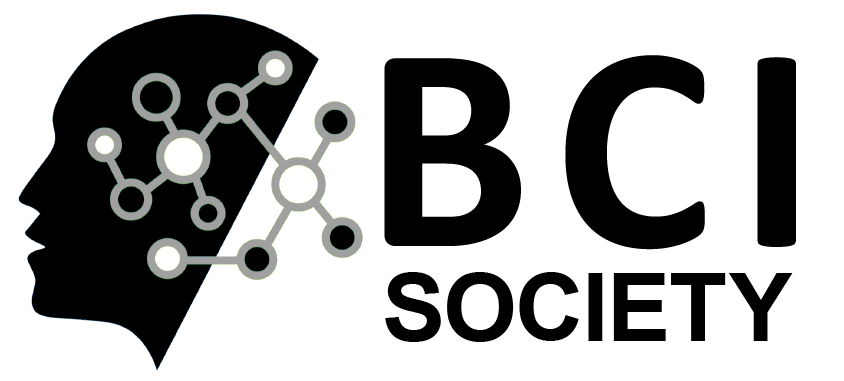Scope and topics
The brain continuously deals with vast amounts of information to accomplish its work. Decoding this information can give provide insights into cognitive processes and support the development of interfaces between human beings and computers. With the advent of bio-sensing technologies and data intelligence techniques, brain-computer interfaces (BCIs) have been built to successfully decode neural signals and support direct communication between the brain and the external world.
In recent years, increasing attention has been paid to improving the robustness and generalization of neural decoding models. Advanced data processing techniques, including transfer learning and generative learning, have been shown to be highly successful in processing and decoding neural data. These improvements have proved to be beneficial for setting up universal and user-friendly BCIs. To further boost development in this area, this special issue seeks new technologies and methods that help to build effective data augmentation models for neural signal decoding, and to expand the frontiers of BCI applications. In particular, this special issue welcomes contributions including, but not limited to:
* Advanced feature extraction for transfer learning or generative learning
* Instance- or feature- based transfer learning
* Classifier-based transfer learning
* Relational-based transfer learning
* Generative adversarial networks
* Cross subject/session/task/device BCI
* Review/survey articles
Key words: Brain computer interface, Neural signal decoding, Data augmentation, Transfer learning, Generative learning, Generative adversarial network
Guest editors:
* Dr. Jing Jin, East China University of Science and Technology, China
* Dr. Minpeng Xu, Tianjin University, China
* Dr. Lingli Zeng, National University of Defense Technology,China
* Dr. Erwei Yin, Academy of Military Sciences, China
* Dr. Ian Daly, University of Essex, UK
* Dr. Ren Xu, g.tec medical engineering GmbH,Austria
* Dr. Mengfan Li, Hebei University of Technology, China
Submission guidelines:
Authors are asked to follow the instructions of the journal https://www.springer.com/journal/11571/submission-guidelines and manuscripts submitted will be evaluated by the editorial team as per the journal’s policy. During submission, authors will be asked whether they are submitting to a particular special issue, please select the Special issue on Data Augmentation in Brain-Computer Interfacing in the submission system. The special issue will be closed to submission on 31 December 2023.
Important Dates:
* Manuscript Submission Deadline: 31 December 2023
* Authors Notification: 15 March 2024
* Revised Papers Due: 5 May 2024
* Final notification: 1 July 2024
